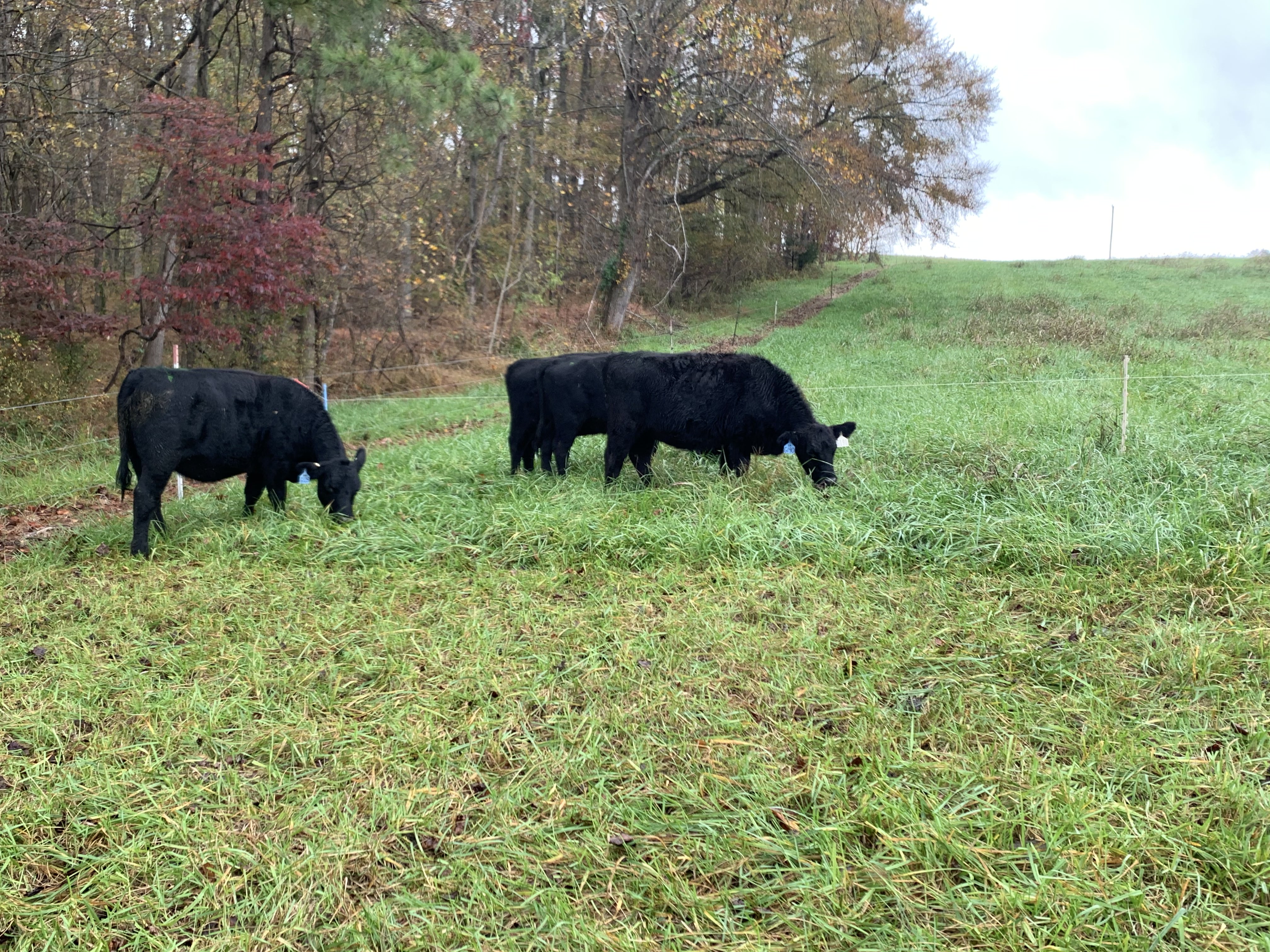October Livestock / Pasture Tips
go.ncsu.edu/readext?1096364
en Español / em Português
El inglés es el idioma de control de esta página. En la medida en que haya algún conflicto entre la traducción al inglés y la traducción, el inglés prevalece.
Al hacer clic en el enlace de traducción se activa un servicio de traducción gratuito para convertir la página al español. Al igual que con cualquier traducción por Internet, la conversión no es sensible al contexto y puede que no traduzca el texto en su significado original. NC State Extension no garantiza la exactitud del texto traducido. Por favor, tenga en cuenta que algunas aplicaciones y/o servicios pueden no funcionar como se espera cuando se traducen.
Português
Inglês é o idioma de controle desta página. Na medida que haja algum conflito entre o texto original em Inglês e a tradução, o Inglês prevalece.
Ao clicar no link de tradução, um serviço gratuito de tradução será ativado para converter a página para o Português. Como em qualquer tradução pela internet, a conversão não é sensivel ao contexto e pode não ocorrer a tradução para o significado orginal. O serviço de Extensão da Carolina do Norte (NC State Extension) não garante a exatidão do texto traduzido. Por favor, observe que algumas funções ou serviços podem não funcionar como esperado após a tradução.
English
English is the controlling language of this page. To the extent there is any conflict between the English text and the translation, English controls.
Clicking on the translation link activates a free translation service to convert the page to Spanish. As with any Internet translation, the conversion is not context-sensitive and may not translate the text to its original meaning. NC State Extension does not guarantee the accuracy of the translated text. Please note that some applications and/or services may not function as expected when translated.
Collapse ▲- NC State has put together a new resource for Fall Armyworm Control. NOTE: the ones at the bottom require a Pesticide License.
- Fall Armyworms have been found in Forsyth County in September, so it’s worth scouting your pastures by going out with a sweep net in the morning.
- Armyworms are best treated before they get 1/2″ long, but we often don’t see them until there is large spread damage. Visit iastate.edu – Fall Armyworms Making Appearance 2024 for more management information.
- Need help identifying Fall Armyworms? Visit missouri.edu/pestMonitoring
- Get your soil testing done soon. NCDA&CS will analyze samples for free from now until Thanksgiving.
- If your soil pH is below a 6.0, apply lime as soon as possible (your soil test will tell you how much). It takes over six months for lime to act, so that is why your soil sample asks if you’ve applied any lime in the past year.
- Since we finally got some rain, consider overseeing/re-seeding
- Oct/Nov can be a good time to spray perennial weeds like Dandelion, Red Sorrel, & Thistle
- Continue stockpiling your Fescue for late Fall/Winter strip grazing
- Continue to supplement animals with lower Body Condition Scores to get weight on them before cold weather.
Contact your local County Livestock Extension Agent for more information.





